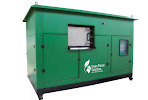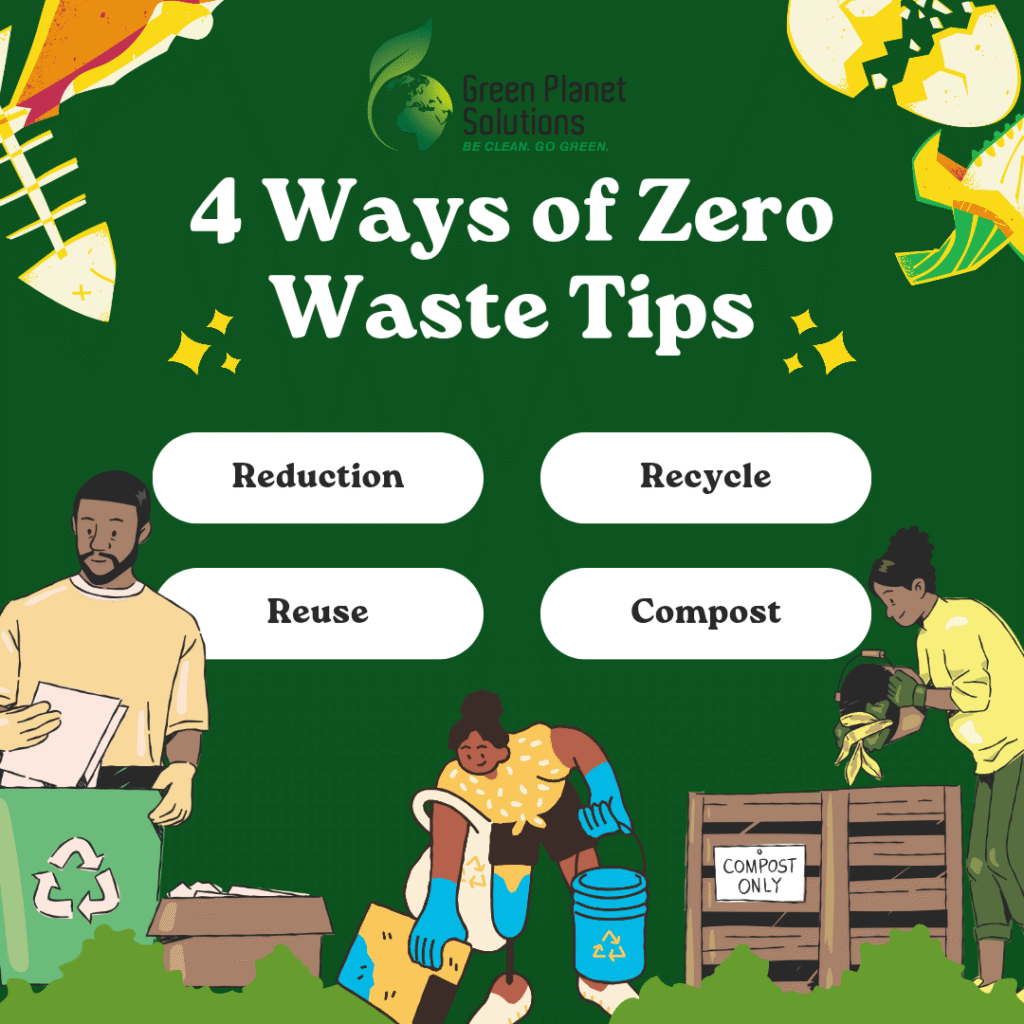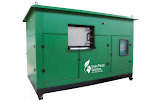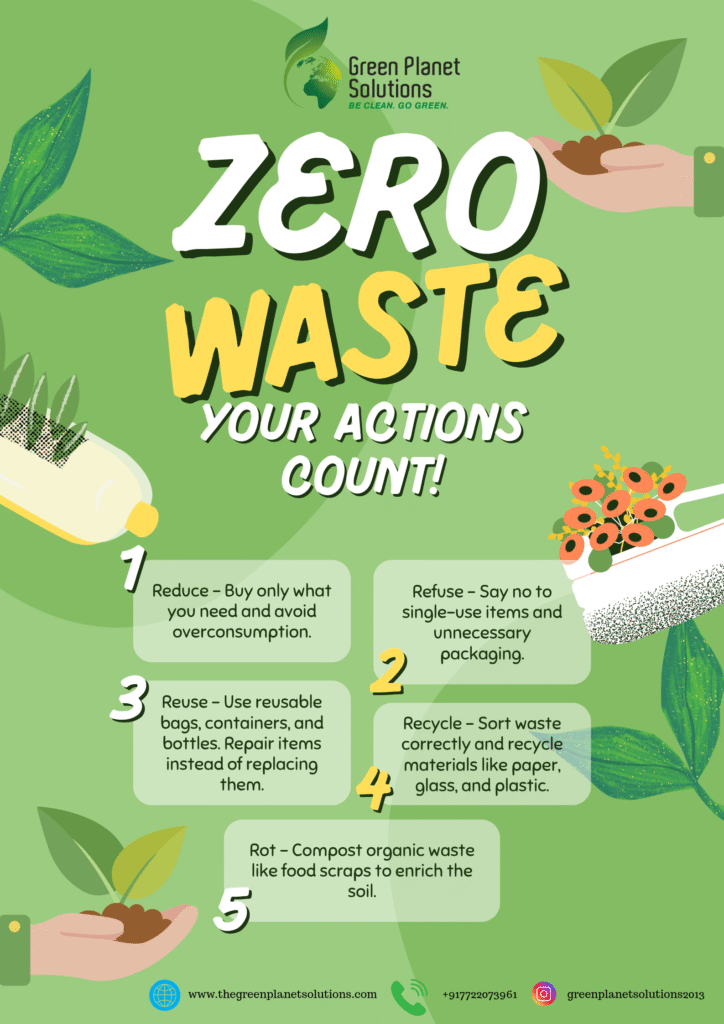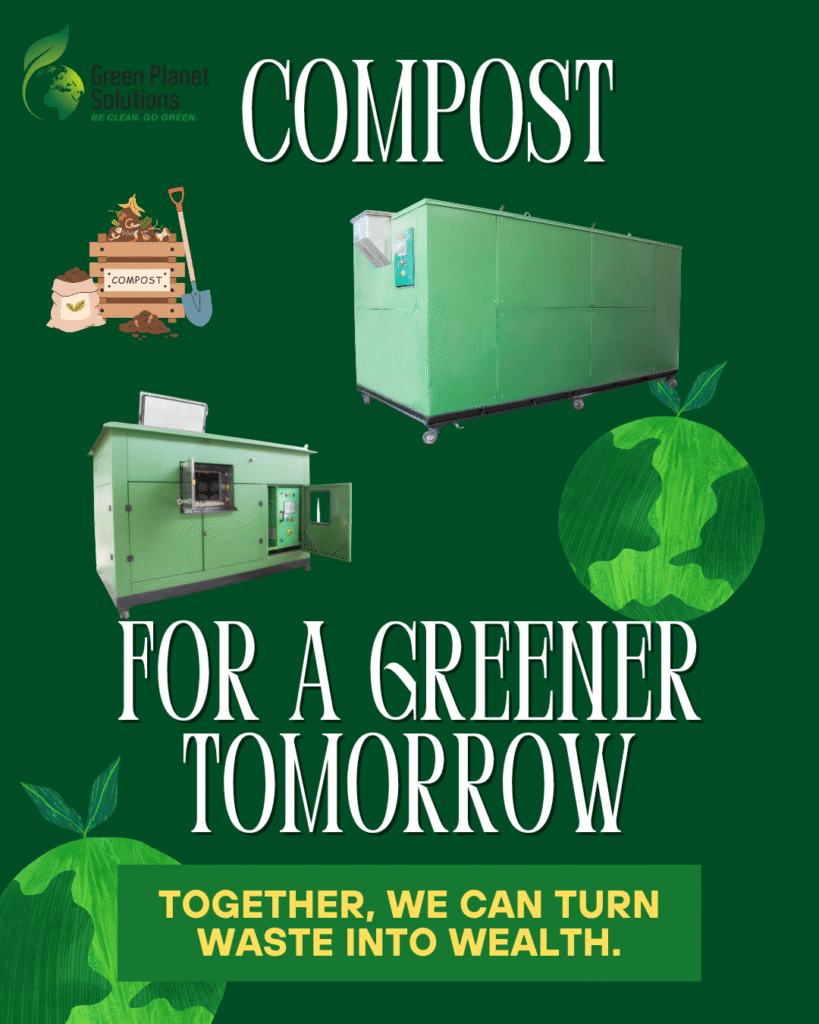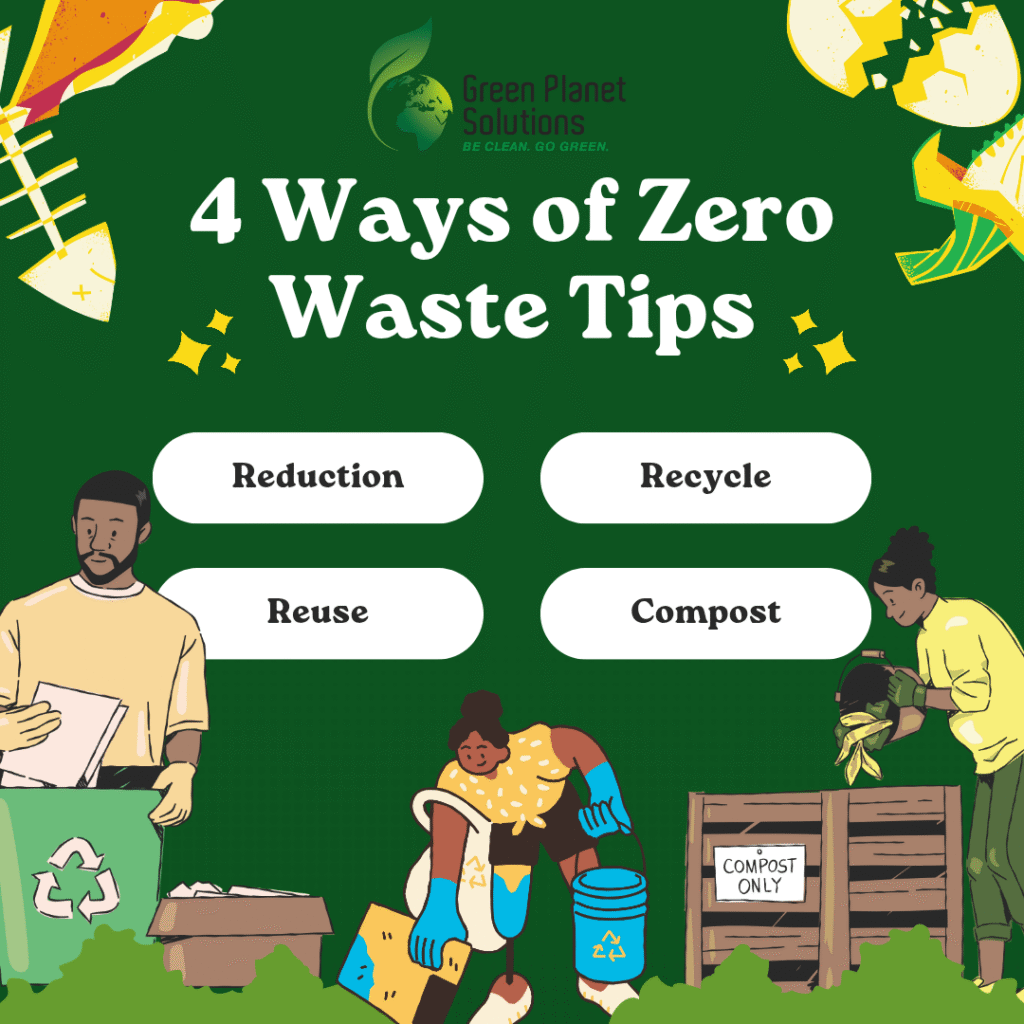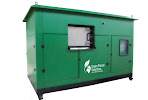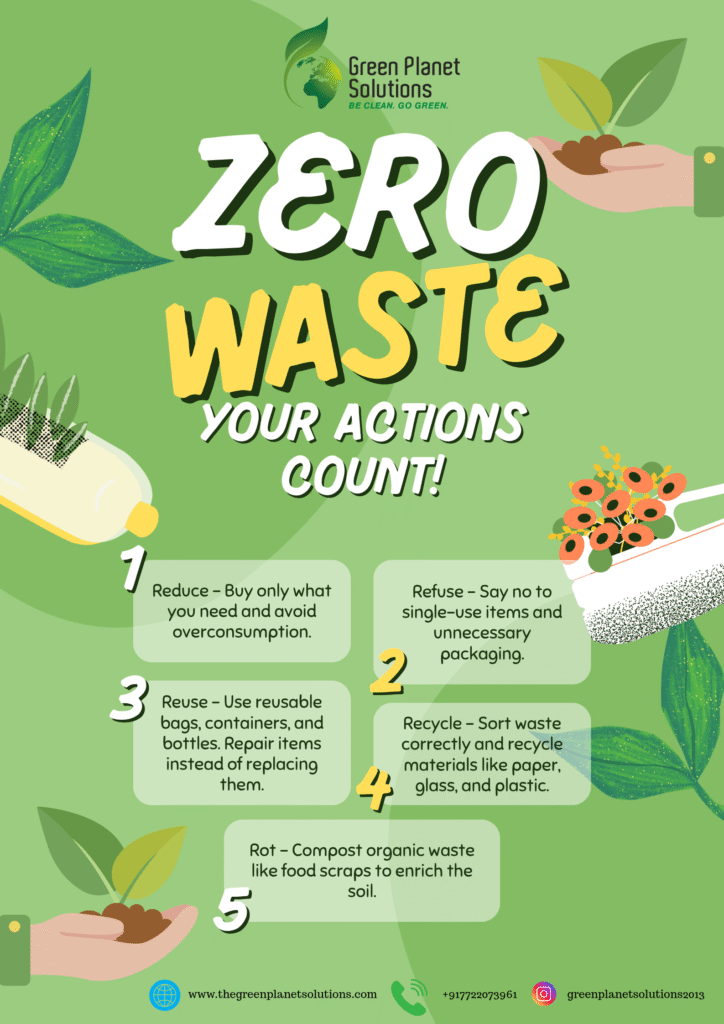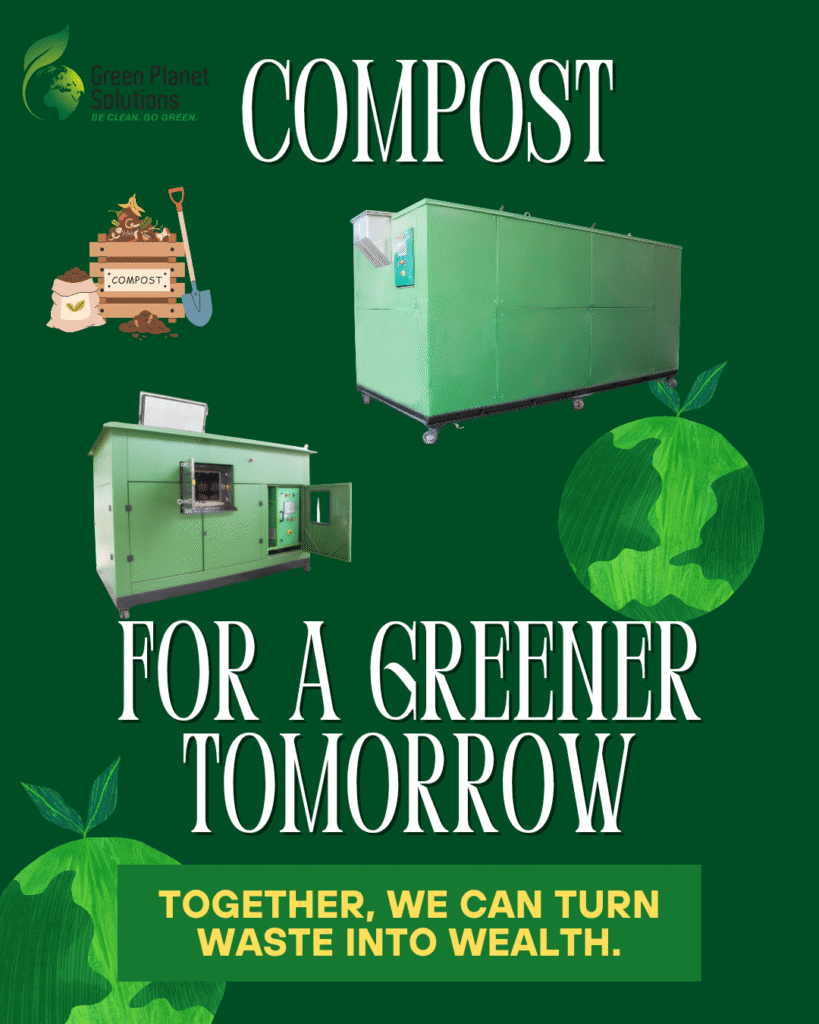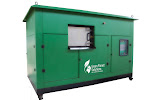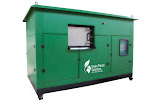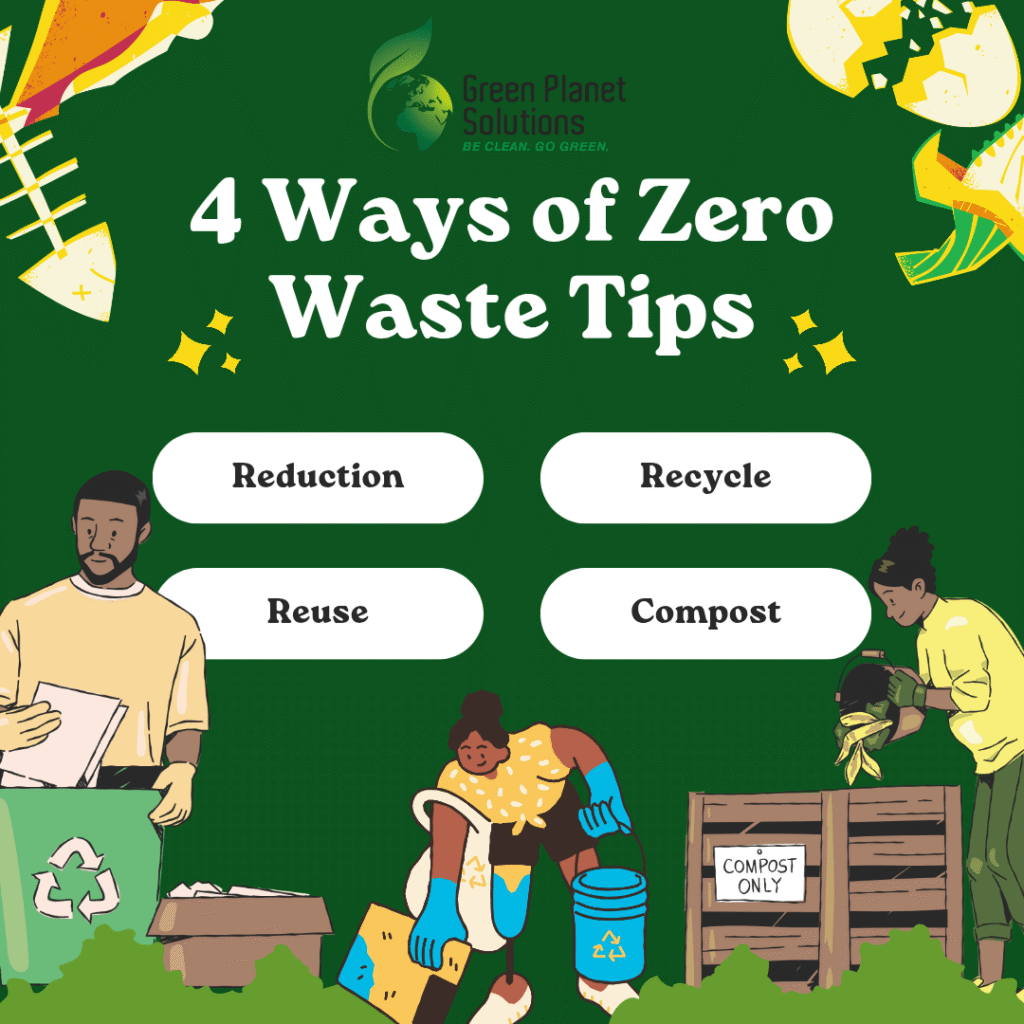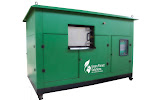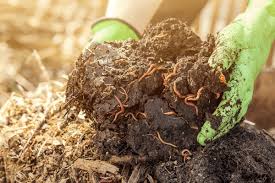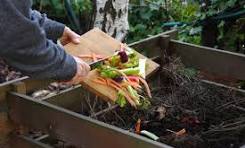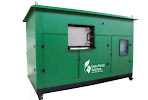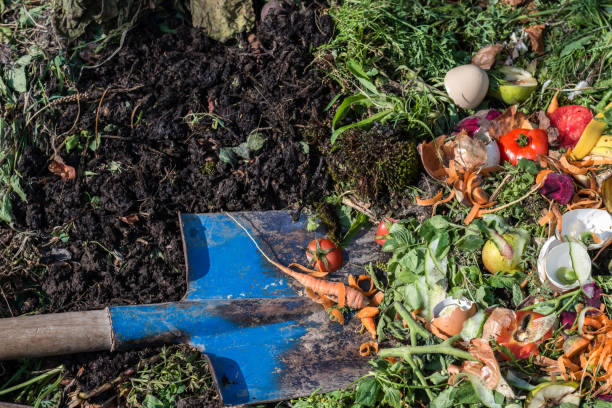ENQUIRE NOW FOR BEST COMPOSTING MACHINES IN INDIA – https://share.hsforms.com/1d12AT_oJScm8iiXbjSrEIwrh2r7
Introduction: The Future of Waste Is Compostable
In 2025, the UAE stands at a transformative crossroad — where innovation meets sustainability. With the government’s Net Zero 2050 and Zero Waste 2030 goals, compostable packaging is no longer just a trend — it’s a strategic business necessity.
As businesses in hospitality, retail, and food sectors rethink their environmental impact, composting and compostable packaging have emerged as game-changing tools for circular waste management.
But what does this mean for your business in 2025–2026?
Let’s dive deep into the how, why, and what’s next of compostable packaging and composting in the UAE.
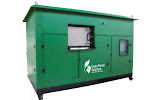
♻️ 1. Compostable Packaging: The Green Evolution
Compostable packaging is designed to break down naturally into organic matter under composting conditions — turning waste into wealth. Unlike biodegradable plastics, which can still leave microplastic residues, compostable packaging completely decomposes, enriching the soil instead of polluting it.
🌿 Common Compostable Packaging Materials:
- Bagasse (sugarcane fiber)
- Cornstarch-based PLA (Polylactic Acid)
- Palm leaf & bamboo fiber
- Paper-based and plant-cellulose wraps
These materials are now increasingly favored by UAE food outlets, hotels, and supermarkets as sustainable alternatives to plastic.
ENQUIRE NOW FOR BEST COMPOSTING MACHINES IN INDIA – https://share.hsforms.com/1d12AT_oJScm8iiXbjSrEIwrh2r7
⚙️ 2. UAE’s Green Policies Driving the Shift
The UAE government’s waste management strategy emphasizes composting organic and compostable waste at both commercial and municipal levels.
🏛️ Key Drivers:
- Dubai Municipality’s Circular Economy Policy (2025) – Promoting waste segregation and composting initiatives.
- Abu Dhabi Waste Management Company (Tadweer) – Expanding composting plants to handle food and organic waste.
- Ban on Single-Use Plastics (Effective 2024–2025) – Accelerating the shift toward compostable materials.
Businesses adopting compostable packaging and composting systems are not just staying compliant — they’re gaining a competitive edge in sustainability credentials.
🌍 3. The Perfect Duo: Composting + Compostable Packaging
Many UAE businesses are learning that compostable packaging alone isn’t enough — it must go hand in hand with effective composting systems.
✅ Why It Matters:
- Compostable packaging needs proper composting conditions (temperature, moisture, oxygen) to degrade fully.
- Without composting, it can end up in landfills — losing its environmental value.
- On-site composting machines can process both food waste and compostable packaging, reducing disposal costs and improving ESG metrics.
- ENQUIRE NOW FOR BEST COMPOSTING MACHINES IN INDIA – https://share.hsforms.com/1d12AT_oJScm8iiXbjSrEIwrh2r7
🌾 Example:
Hotels in Dubai and Abu Dhabi are now using rapid composting machines to convert kitchen waste and compostable cutlery into nutrient-rich compost for landscaping.
This not only minimizes waste transportation but also creates a self-sustaining green ecosystem.
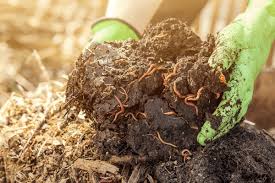
💼 4. Why Businesses Should Act Now (2025–2026 Focus)
🚀 Business Benefits:
- Reduce waste management costs
- Improve ESG & CSR performance
- Comply with UAE’s new waste policies
- Enhance brand reputation & customer loyalty
- Attract eco-conscious clients and investors
💡 Emotional Angle:
Your customers are not just buying your product — they’re buying your values. Every compostable cup, bag, or container you use becomes a statement of care for the planet and the community.
In 2025–2026, sustainability is not optional — it’s expected.
ENQUIRE NOW FOR BEST COMPOSTING MACHINES IN INDIA – https://share.hsforms.com/1d12AT_oJScm8iiXbjSrEIwrh2r7
🔬 5. Smart Composting Technology: The Missing Link
This is where Green Planet Solutions Pune steps in.
Our advanced composting machines are designed to help UAE businesses convert food waste and compostable packaging into usable compost within 24 hours — with no odor, no pests, and minimal maintenance.
🧩 Features of Our Smart Composting Systems:
- Handles mixed organic & compostable waste
- Reduces waste volume by up to 90%
- Fully automated, odor-free, energy-efficient
- Ideal for hotels, malls, corporate offices, and F&B outlets
- By integrating composting into your waste stream, you turn environmental compliance into a powerful business opportunity.
Target Audience: Businesses in UAE (hospitality, retail, corporate, waste management, food service sectors)
Primary Keywords:
- Compostable packaging UAE
- Composting machine UAE
- Sustainable packaging UAE
- Waste management solutions UAE
- Organic waste composting
Secondary Keywords:
- Green Planet Solutions composters
- Eco-friendly business UAE
- ESG waste management UAE
- Zero waste UAE 2030
Emotional & Power Words:
Transformative, Game-changing, Future-ready, Smart, Sustainable, Empowering, Eco-conscious, Leadership, Trusted, Innovation-driven
Common Words:
Composting, waste, packaging, business, UAE, environment, sustainability, plastic, food, organic
Uncommon Words:
Circularity, biodegradability, eco-reformation, waste valorization, regenerative sustainability
📣 6. Call to Action: Lead the Composting Revolution
As UAE embraces a circular economy, your business can lead the change — by pairing compostable packaging with smart composting technology.
At Green Planet Solutions Pune, we empower UAE businesses with cutting-edge composting systems that make sustainability simple, scalable, and profitable.
👉 Join the composting revolution today!
Let’s transform waste into a resource — and your brand into a sustainability leader.
#CompostingUAE #CompostablePackaging #ZeroWasteUAE #SustainableBusiness #GreenPlanetSolutions #CircularEconomy #EcoInnovation #WasteToResource #SmartComposting #Sustainability2025 #NetZeroUAE

– https://www.thegreenplanetsolutions.com/
 – +917722073961
– +917722073961
Instagram – https://www.instagram.com/greenplanetolutions2013?igsh=MTQ5MWxpeng5dmtvaA==
Facebook – https://www.facebook.com/share/19Eim5u2Ep/
Linkdein – https://www.linkedin.com/company/green-planet-solutions/
Threads – https://www.threads.net/@greenplanetolutions2013
YouTube – https://youtube.com/@greenplanetsolutions2013?si=0gkKEahaaB5z6csm
